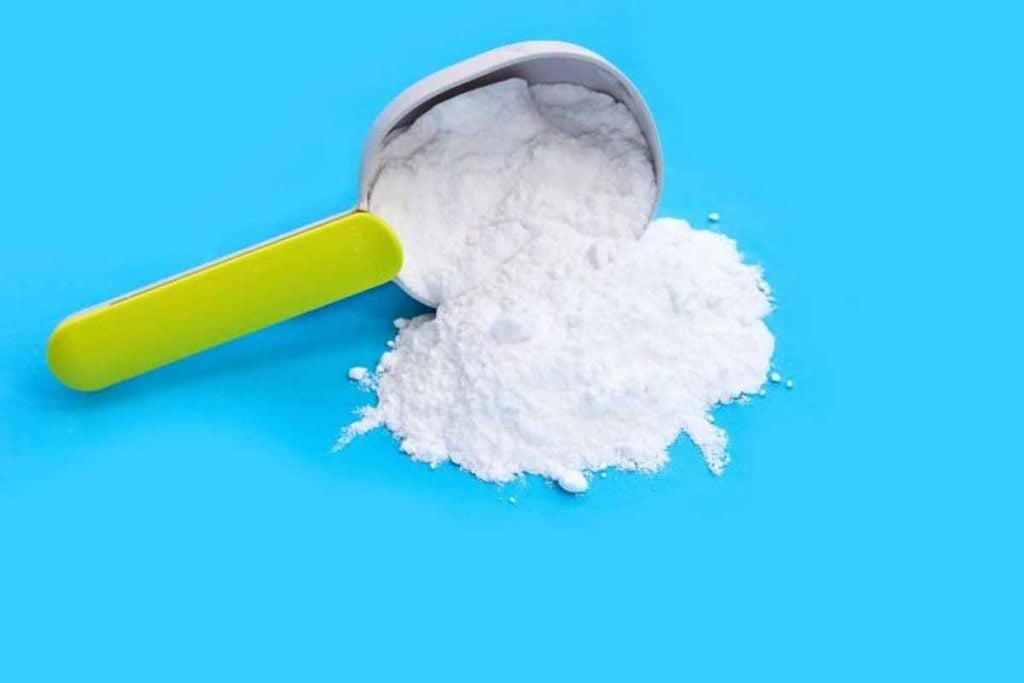Older adults want sharper recall without pricey pills, and science finally offers a practical path. A modest daily supplement paired with simple movement nudged memory in only 12 weeks. The approach builds on the gut–brain axis, where microbes talk to neurons through immune, neural, and hormonal routes. Because the twin design reduced background noise, differences trace back to the intervention rather than chance or shared habits. Results look small yet meaningful, and they point to accessible tools for long-term brain health.
A rigorous twin design reveals clean cognitive signals
A team from King’s College London recruited 36 pairs of twins, all 60 and up. They had one twin take inulin mixed with fructooligosaccharides, while their sibling got a placebo instead. Both twins followed the same routine though—using branched-chain amino acid protein and doing some light resistance training. The goal was simple: test whether a daily supplement can move cognition in later life.
The trial ran fully remote. Video visits supported coaching. Online questionnaires tracked behavior. Mailed kits enabled cognitive testing and stool collection at home. Adherence stayed high across the 12-week window, which matters because older volunteers often face travel barriers. A within-family comparison lowered genetic and early-life confounders, sharpening the statistical picture.
The focus of the study was the gut microbiome rather than a quick fix. Because prebiotics aren’t digested by the body, they become food for the good bacteria that ferment them. That process yields metabolites tied to neural signaling. Because the study controlled protein and exercise, between-twin differences more likely reflect the fiber mix rather than lifestyle drift, medication shifts, or seasonal routines.
What this supplement included and why it matters
The formula combined inulin and fructooligosaccharides, two fibers with a long safety record. Participants tolerated the blend well, reporting only mild, expected gastrointestinal complaints. Because the same protein and home strength moves applied to all, researchers isolated the added effect of the supplement on the brain.
Prebiotics feed fiber-loving microbes. In this cohort, relative levels of Bifidobacterium increased, a pattern often seen when inulin or fructooligosaccharides enter the diet. Overall diversity did not flip. Instead, a few taxa shifted in biologically plausible ways for fermenters that make short-chain fatty acids linked to synaptic plasticity.
Mechanistically, gut microbes craft neurotransmitter precursors and other small molecules that signal along nerves and through immune cells. Aging weakens barriers that limit inflammation, which can spill into brain circuits that support attention, processing speed, and memory consolidation. A reliable prebiotic routine can push that signaling toward a healthier set point.
Memory gains showed up where Alzheimer’s first whispers
Cognition improved on a combined factor score. Even more importantly, volunteers made fewer errors on the PAL task, a sensitive paired-associates learning test. That task taps the ability to link patterns with locations. Because it detects subtle episodic memory decline, a shift after this supplement is notable in people over 60.
The improvement fits decades of validation work. PAL changes often emerge before standard clinic scales move. That makes short trials informative, even with modest sample sizes. “We are excited to see these changes in just 12 weeks,” said lead author Dr. Mary Ni Lochlainn. “This holds huge promise for our ageing population.”
Strength metrics did not budge. Chair rise time and other muscle tests stayed flat despite protein and resistance guidance. Short windows rarely remodel muscle in older adults. Cognition, conversely, can respond faster to metabolic nudges. That divergence aligns with the gut–brain pathway rather than a generic fitness boost.
How the supplement shifted gut signals linked to memory
Microbes fermented the fibers and likely boosted short-chain fatty acids. Those metabolites help modulate inflammation and support synaptic efficiency. Because relative Bifidobacterium levels increased, the community leaned toward fiber specialists. Shifts were targeted, not sweeping, which suggests a stable baseline can still gain from a focused supplement routine.
Remote methods strengthened feasibility. Video check-ins sustained engagement. Mailed stool kits captured microbial change without clinic visits. Online cognitive tools cut friction. That blueprint matters for larger trials. According to the team, the safe profile and low cost lower barriers for community testing, even when budgets feel tight.
Quotes underscored accessibility. “These plant fibres, which are cheap and available over the counter, could benefit a wide group of people in these cash-strapped times,” noted Professor Claire Steves. Because tolerability was high and adherence strong, real-world rollout looks plausible while researchers scale duration and sample size.
Limits, caveats, and what smarter trials should test next
The cohort was modest and mostly female. Participants were healthy older adults, not people with diagnosed dementia. The statistics show cognition moved; daily functioning was not measured. Responses may vary by diet, medication, and baseline microbiome. Even so, the within-family control supports a real effect beyond the supplement hype.
Next steps are practical. Compare fiber types, doses, and durations head to head. Map which metabolites rise with supplementation and which networks respond on brain imaging. Test whether early gains persist at six or twelve months, and whether fewer memory slips show up in daily life tasks that matter.
Design choices can scale. Remote models reduce travel, widen inclusion, and trim costs. Clear kits, short check-ins, and simple strength moves keep adherence high. Because the fibers are accessible over the counter, community clinics can pilot programs while academic centers run longer trials to confirm durability and dose–response.
Why tiny daily habits may pay long-term brain dividends
Small, consistent steps can reshape cognitive risk over time. This evidence shows a focused prebiotic supplement paired with simple movement can nudge memory within weeks, while muscle changes take longer. With larger, longer studies, we can learn how to tune the gut–brain conversation for lasting benefits that protect everyday independence.
